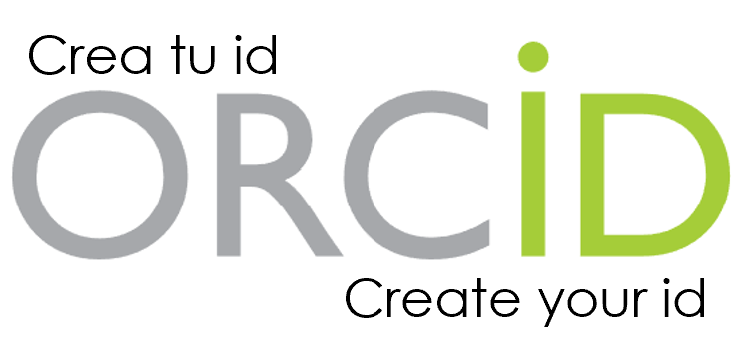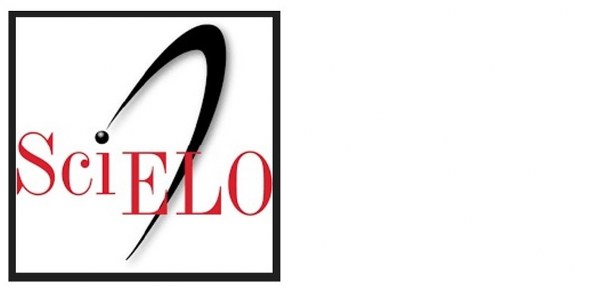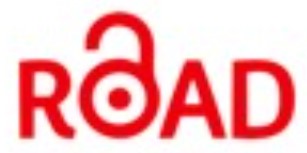Ethics
Ethical Declaration and Good Editorial Practices
The publication of articles in the Journal Of Science & Construction constitutes a process of permanent knowledge production. Furthermore, it considers that it is its duty to ensure the transmission of scientific knowledge, guaranteeing its rigor and quality, under an ethical commitment to the scientific and academic community. The protocols and guidelines described here are good practices commonly practiced in publishers of international prestige. In this line, the Code of Ethics and Good Practices established in the magazine and the Code of Conduct for Publications in Magazines (COPE) are taken as a reference.
The magazine assumes its obligation to act accordingly in case of suspicion of bad practices or inappropriate conduct. Manuscripts that raise concerns about possible misconduct will be rejected. All reasonable efforts will be made to ensure that the work submitted for evaluation is rigorous and ethically appropriate.
Author Responsibilities
- Accept the submission of your texts to established processes, and to minor style corrections, without consultation.
- Accept the norms, criteria and editorial procedures of the Journal.
- Send only unpublished articles that correspond in their content and structure to the editorial policies.
- Avoid any conflict of interest.
- Do not simultaneously submit your work to another publication while it is in the arbitration process in the Journal.
- Recognize credits to the corresponding people or institutions.
- Respect intellectual property.
Responsibility of peer reviewers
- Only accept jobs that correspond to your specialty.
- Fill out the evaluation form directly in the journal's OJS manager.
- Deliver a verdict within the deadline agreed with the Editor.
- Provide an assessment that conforms to the evaluation format.
- Inform the editor of any coincidence of the document with any other publication.
- Report any conflict of interest.
- Respect the confidentiality policy of the opinion of the articles.
- Review the works objectively and impartially.
- Use clear and respectful language.
Editorial responsibilities
- Define, execute and evaluate Editorial Policies.
- Select the most relevant articles to be published.
- Responsibilities of the editor, the editorial committee and the scientific committee
- Accept or reject the works received based on the opinions of peers.
- Clarify any doubts that arise during the editorial process.
- Advance a transparent, respectful and impartial editing and publication process.
- Apply all texts anti-plagiarism software (Plagiarisma, Editpad and Plagiarism).
- Maintain confidentiality.
- Send the complete material to the publisher for production according to the established requirements.
- Provide clear and timely information to authors during the editorial process.
- Publish each issue according to its frequency.
- Publish only unpublished, academically and scientifically relevant and quality material.
- Assess the works received before sending them for peer evaluation.










